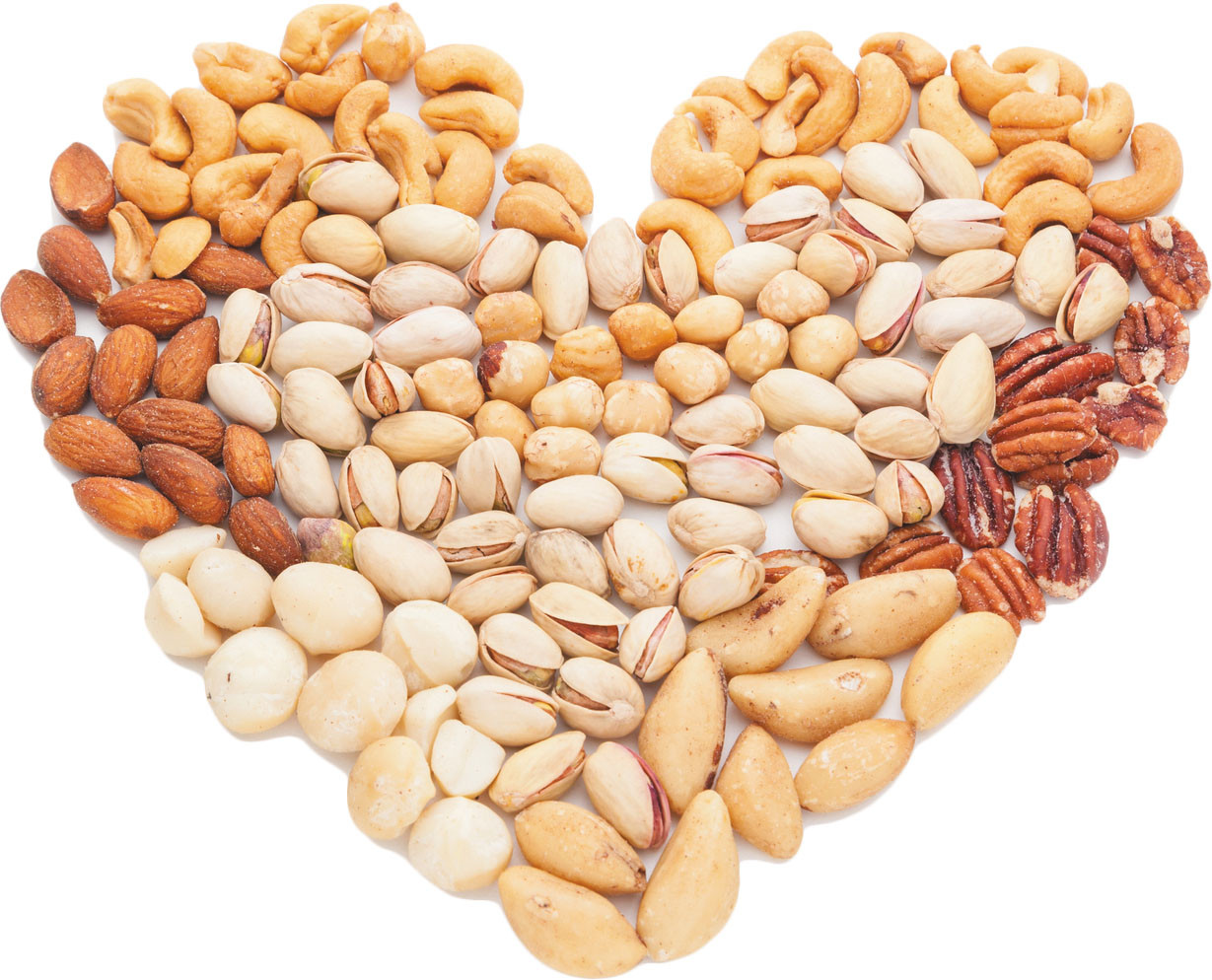Eating a daily serving of nuts linked with lower risk of heart disease
In the journals

Image: © vorclub/Thinkstock
Eating nuts has been linked with a lower risk of heart disease. Now, the largest study to date on the subject suggests that regular consumption, and not any specific nut, offers the greatest benefit. The research, published online Nov. 13, 2017, by the Journal of the American College of Cardiology looked at more than 210,000 people who shared information on their eating habits and health over a 32-year period.
The results showed that those who ate nuts — such as peanuts or tree nuts like walnuts, almonds, and cashews — on a daily basis had a much lower risk of developing cardiovascular disease or coronary artery disease compared with people who rarely or never ate nuts.
Researchers did not find that any individual nut stood out in terms of heart health, but frequency and amount did. For example, eating just one serving of walnuts (14 halves, or 28 grams) daily, five times per week, was associated with a 19% lower risk of cardiovascular disease and a 21% lower risk of coronary artery disease.
Those who ate one serving of peanuts (about 28 peanuts) or tree nuts (24 almonds or 18 cashews), two or more times per week, lowered their risk for both diseases by 13% to 23%. People who ate five or more servings per week lowered their risk for both by 14% to 20%. So, do your heart a favor and try to eat a serving of nuts every day.
Disclaimer:
As a service to our readers, Harvard Health Publishing provides access to our library of archived content. Please note the date of last review or update on all articles.
No content on this site, regardless of date, should ever be used as a substitute for direct medical advice from your doctor or other qualified clinician.















